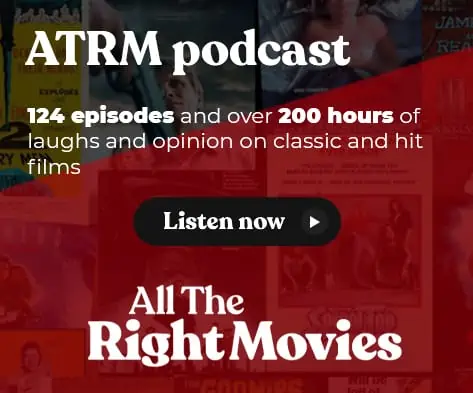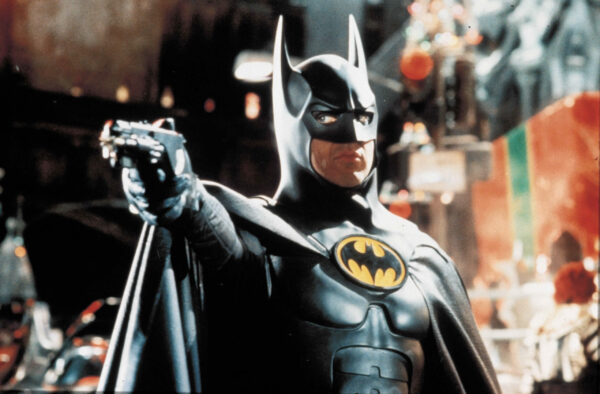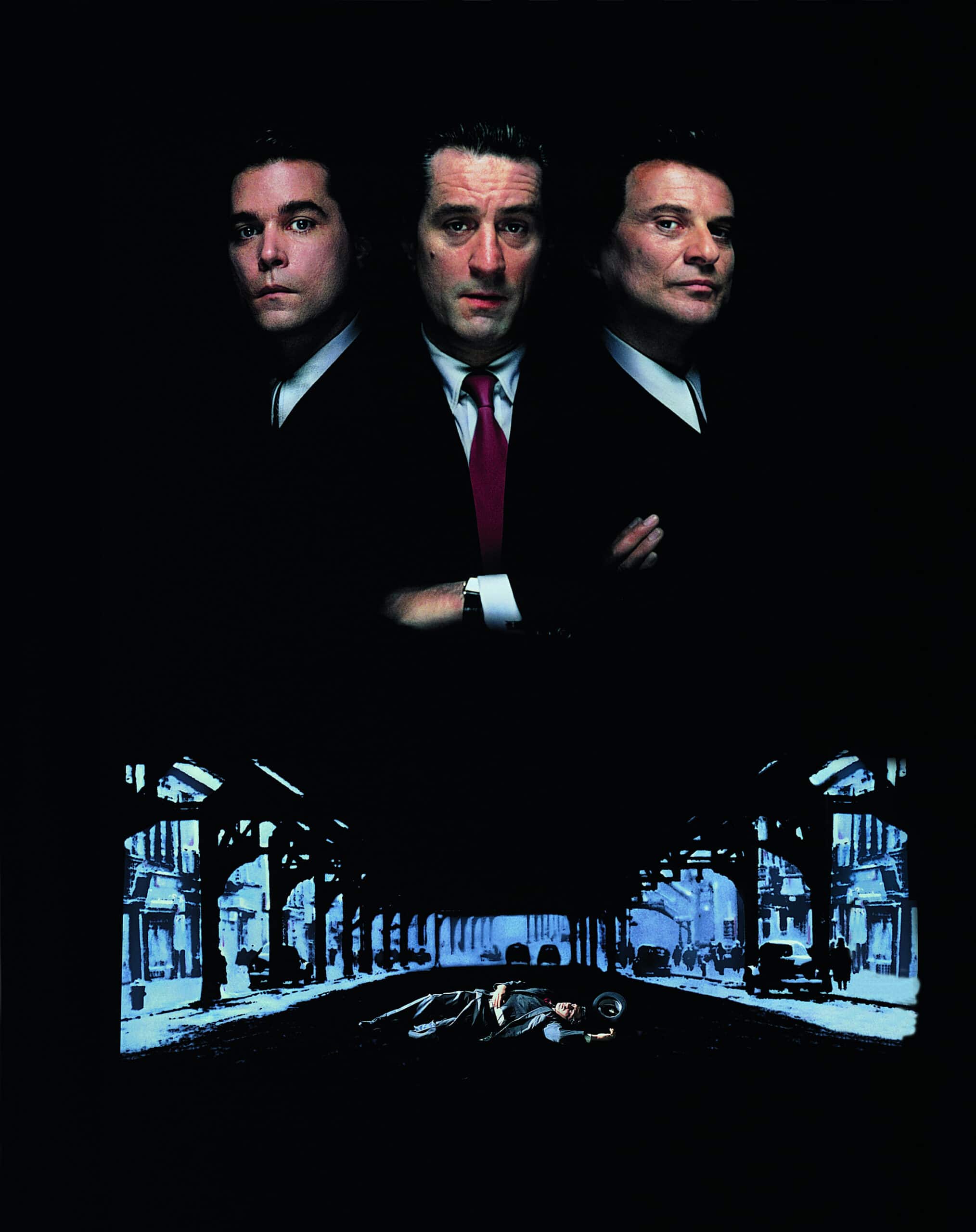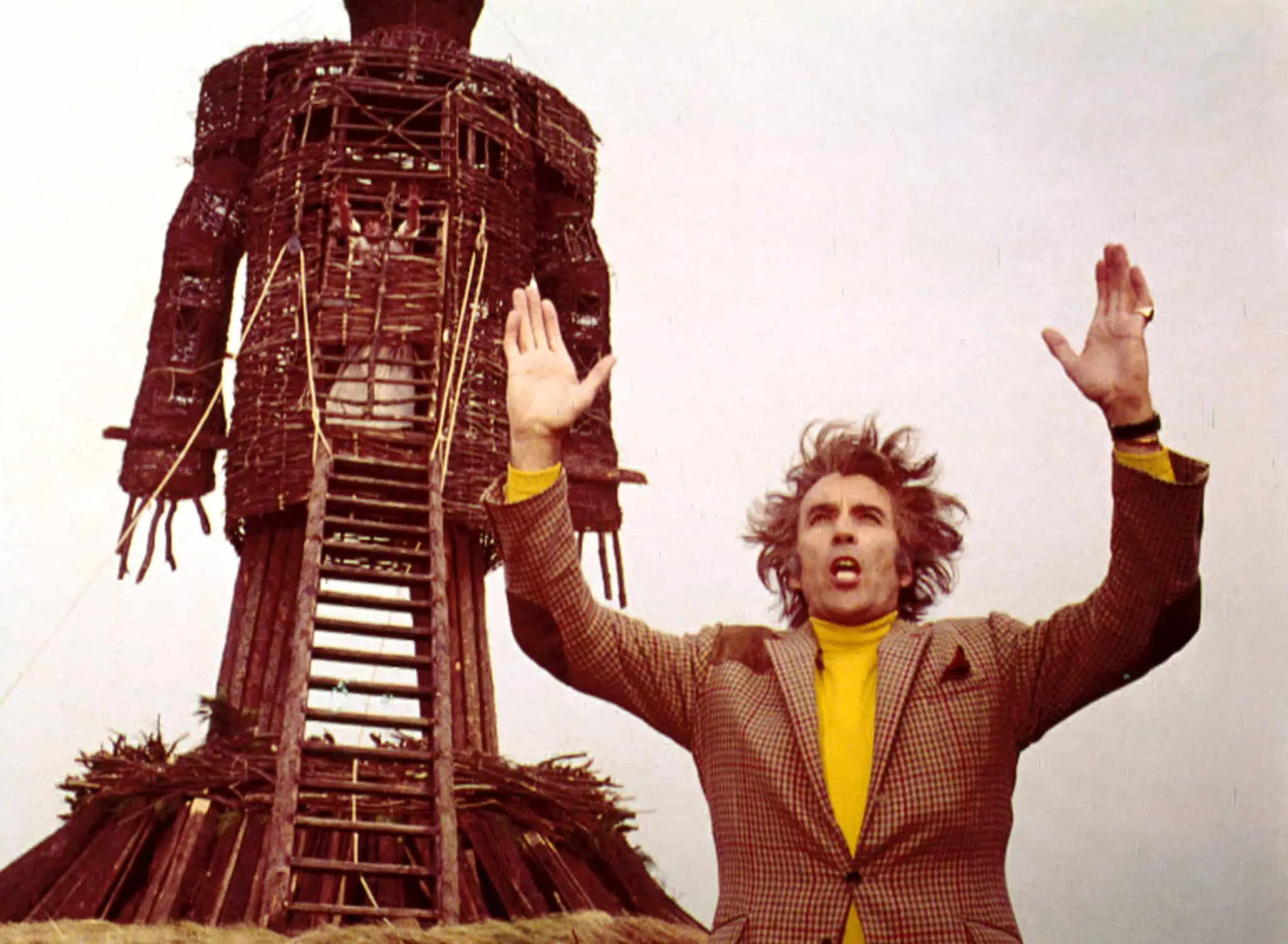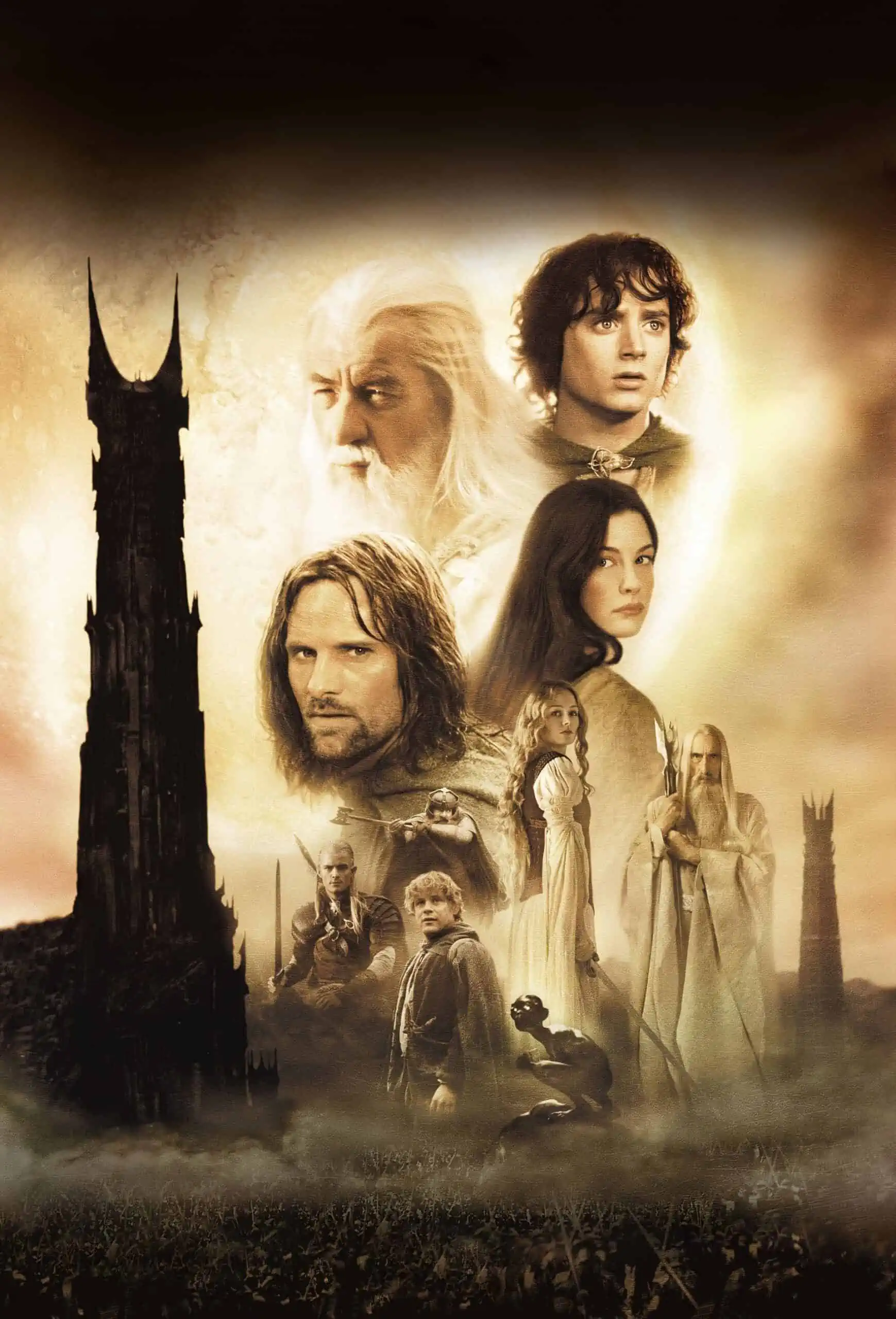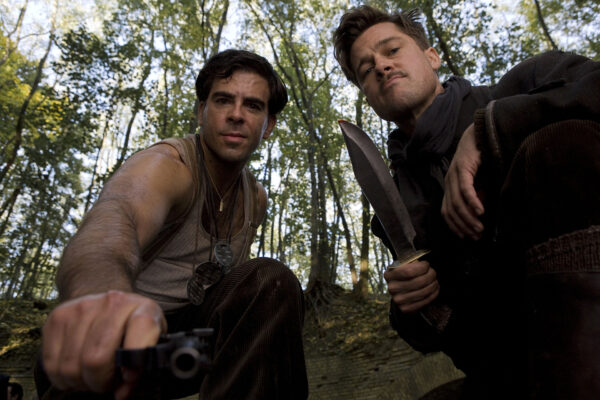
Piracy has always been an issue for movie studies to contend with and, in the digital age, the issue has became worse, if anything. Amy Smith chronicles movie piracy in relation to the internet and explores why an online audience has thrown up fresh challenges for studioes to deal with.
There seems to be a huge rise of piracy going on in the world of television and film. Piracy has been an issue since the rise of the Internet (remember the “You Wouldn’t Steal A Car” advert, anyone?) and it has been escalating since. Hollywood has tried many ways to prevent this trend, from banning recording devices in cinemas to striking down copyright material as much as possible. However, the issues around piracy persist and I’ve pin-pointed three particular reasons why there is an ingrowth at this current time.
The rise of technology
In the earliest days of the Internet, there were fewer means of getting hold of pirated copies of films. The rise of technology has not only meant that people can access pirated content easier online, but it is simply easier to record pirated content altogether. Instead of having to hide a digital camera when you go to a film screening, you can instead just take your phone and not one person will bat an eyelash. Anyone and everyone has the ability to not only share pirated content easily online through the use of social media, but to record it. Whether you go in for the purpose of recording footage to upload as leaked footage online or just to send a “cool” photo of the title cards just to brag about seeing the latest blockbuster, it is all pirated content and cinema chains should be doing more to prevent the spread of leaks from occurring across the board.
The increasing wait time of releases
This has been a problem with TV shows for a long time, but it is now also impacting films. Though it has improved, there is still a problem with the lack of universal release dates, and it is something that every studio aside from Marvel Studios seem to be a culprit of. In terms of television, many shows that are originally shown in the US do not get shown internationally for many months. A good example that showcases how bad it can get is season two of Killing Eve, a British show on the BBC. Despite doing incredibly well and being beloved by British audiences, the UK ended up having to wait several months after US audiences to actually watch it. This was a British show made by a British company and yet we still had to try and avoid spoilers for it. Not only is it tough watching other countries consume content we love more quickly than us, but sometimes an entire series can be shown before another country can even check it out.
In terms of films, places like the UK and Australia get late release dates for a lot of films, with marketing companies wanting to make a film a big hit in the major markets before trying to reach us. A big example of this is awards season, when many films have to be released before the end of the year to even qualify for events such as the Golden Globes and the Oscars. These companies like to have phrases such as “Academy Award nominee” and “Golden Globe winner” in their posters when marketing internationally, so that is why the UK does not receive films like Parasite and 1917 until the following year. Being somebody that votes in several critics’ associations and having to miss out on voting for these particular films is harsh and is something I want the film industry to fix sooner rather than later. It is no shock that people resort to pirating independent films, despite how upsetting it is saying that, because it is hard to expect people to not have films like Parasite spoiled for them.
Piracy has been a major issue since the rise of the Internet has been escalating since. Hollywood has tried many preventative methods, however, the issues around piracy persist.
The growth of streaming services
When Netflix first arrived in the streaming industry, it was welcomed by all as a potential solution to the piracy issue. Pay a small amount per month and have thousands of films and shows available at the click of a button. It is still a formula that works, and now Netflix has their own content as well as the huge backlog of other pieces of work for people to browse freely. Netflix also fixes some of the issues of shows only being shown live in the US, with shows such as The Good Place and Riverdale being uploaded to the service the same day as it airs on American TV.
However, as we all could have seen coming, it is a formula that other people want to replicate. Disney is the main competitor, pulling all of their content off of Netflix to have on their own streaming service, Disney+. It was a huge success, and yet it also fell victim to the international issue of piracy and places such as the UK and mainland Europe had no access to it until March of this year. With HBO, Apple and Warner Bros. also stepping up and creating their own streaming services, it is almost going back to the days of satellite and paying a substantial amount of money just for a variety of content. With so many choices and only a handful of content on each one, people may just skip paying altogether again and go back to illegally pirating their content like they did before the days of Netflix.
So, what does this mean for the future? There is never going to be a solid way to prevent the recording of pirated films, no matter how tight cinemas get with recording devices. However, there are steps that can be taken to prevent this problem expanding further. At early screenings of films I have attended, cinemas have hired security to make sure that nobody uses their mobile phones. Marvel Studios have now adopted a worldwide release schedule for their films, making sure that major spoilers for their blockbusters do not have time to be leaked before everyone has access to it. More studios need to clamp down on this issue and follow suit, as this could be a major step towards lowering the viewership of pirated content.
Whether we like it or not, we have to admit that piracy is once again becoming a way to watch content freely and without any restrictions. There is a lack of excitement from the cinematic experience, whether that is due to the rise of streaming or the fear of spoilers popping up at any point online. We all want good films to succeed and we especially want to celebrate independent and original movies that are released, but it becomes hard to do so when we have to wait months to even enjoy the content that others can get easy access to. We need to fix this problem, and not just for the movie fans but for the filmmakers too.
